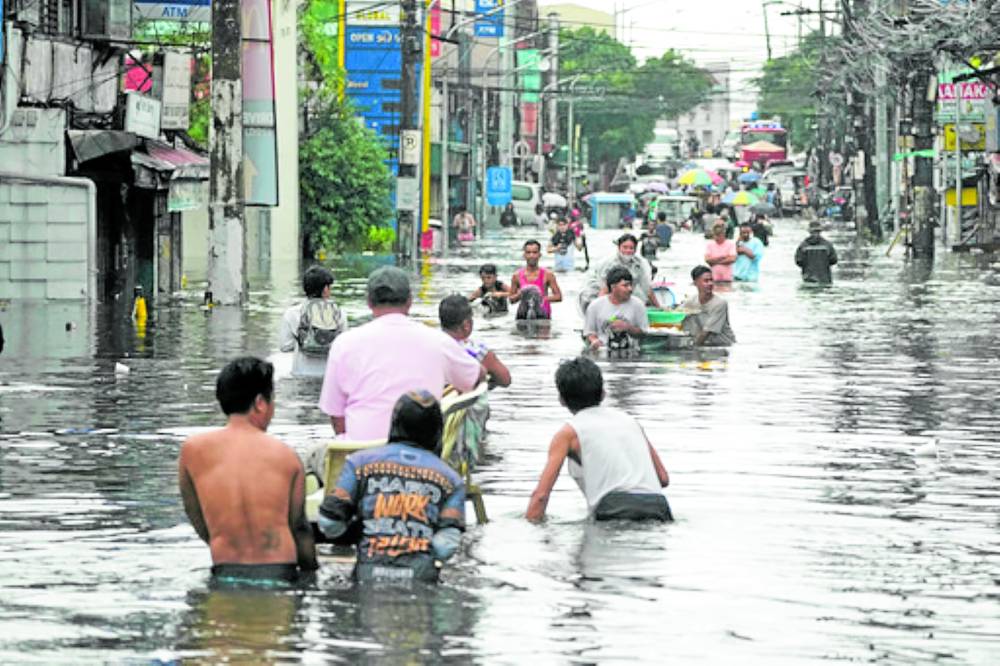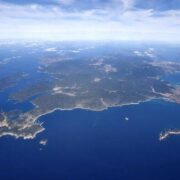Quezon City hits ‘epidemic threshold’

Quezon City health officials reported on Sunday 43 new cases of leptospirosis in just seven days from July 24 to July 30, exceeding the disease’s epidemic threshold.
“Epidemic threshold” refers to the epidemiologic value used to determine whether an infectious disease will spread widely or die out.
Leptospirosis is a blood infection caused by Leptospira bacteria in human and animal excrement that is spread in the Philippines mainly by floodwaters.
Physician Rolando Cruz, chief epidemiologist of the Quezon City government, said they have recorded 178 cases this year, 23 percent more than cases recorded over the same period last year.
More than half of the cases were linked to direct exposure to floodwaters, while the others were attributed to other sources of contaminated water.
Cruz released the report hours after the Department of Health (DOH) confirmed on Saturday, 569 cases of leptospirosis in hospitals across the country from July 13 to July 31.
Worse than the usual
From Jan. 1 to July 19, the DOH has recorded 3,037 cases of leptospirosis nationwide, more than a thousand of these were recorded in the days right after the onset of the rainy season was officially declared.
While most cases are usually considered minor, leptospirosis also frequently progresses to graver conditions, like meningitis, kidney failure or severe bleeding in the lungs.
Leptospirosis is treatable, but it should be diagnosed correctly and treatment should be medically supervised because medicine deemed to be effective could also cause toxicity in human organs.
The DOH urged the public to avoid wading in floodwater and immediately wash with soap if they do so.
Watch yourselves
The public was also advised to monitor themselves for symptoms over several days, because they may not appear until after a week. Sometimes, Leptospira bacteria can incubate for a month.
On Saturday, Health Secretary Teodoro Herbosa said the government has sufficient and prepositioned stocks of the antibiotic of choice against leptospirosis, but warned the public against self-medication.
“It’s very important to seek medical attention. If, after a week of wading in floodwater, you have a fever, yellowing of the skin or feel weak, see a doctor right away,” he stressed.
The government has also hastened the implementation of flood control projects after much of the country was inundated by three consecutive storms.
San Juan City Mayor Francis Zamora, current chair of the Metro Manila Council, said the Metropolitan Manila Development Authority and the Department of Public Works and Highways will soon finalize a new drainage master plan.
Zamora said the discussions would also include Metro Manila’s persistent problem involving garbage, which has been found to be one of the causes of flooding.

















